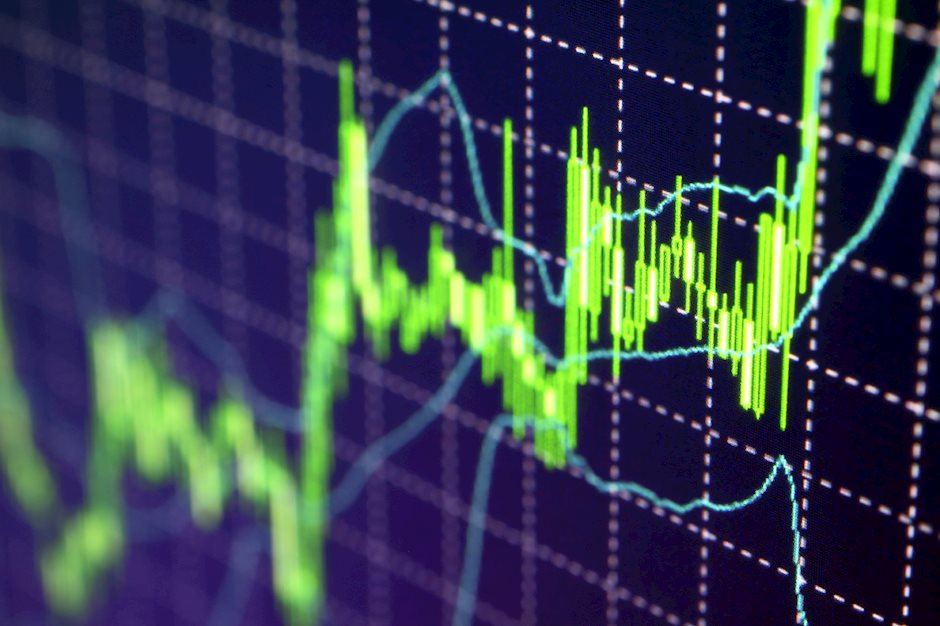Every little helps as tesco delivers across the board

In the space of the last 12 months Tesco share price has gone pretty much sideways, down just over 5% from where it was pre-pandemic in March 2020, which when you consider the importance of the supermarket sector over the past ten months is a little surprising.
UK supermarkets, and their shop floor staff in particular have been among the unsung heroes of the pandemic, very much at the sharp end of the pandemic as one of the few sectors allowed to remain open, in order to keep the country fed during the various lockdowns.
Tesco, along with the rest of the sector has met the challenges presented by the pandemic head on, and while it hasn’t been immune from criticism for some of its responses to the events of the last year or so, it has managed to maintain its supply chains against the dual challenges of not only the pandemic, but also Brexit concerns.
Its first-half numbers in October last year shone a light on how the pandemic has affected the business, with a 6.6% rise in sales to £26.7bn, while operating profits slipped by 4.5%, due to a huge increase in costs, by way of the employment of extra staff, as well as the investment in protective measures for its staff.
The increase in costs also saw the supermarket invest in a big rise in on-line delivery capacity to 1.5m slots in order to better serve 674k vulnerable customers, while in December Tesco management took the decision to return the £585m in business rates relief it received as part of the government response to the coronavirus pandemic.
The company said that the various measures it had taken to combat Covid-19 had cost it £725m, well in excess of the rates relief received. It’s not hard to understand why Tesco management decided to take this decision given the criticism they received for pledging to pay a special dividend earlier this year, however that decision on the special dividend pre-dated the March lockdown, and was promised out of the proceeds of the sale of its Asia businesses, which completed last month.
There were some weak spots in the H1 numbers, namely in the Booker operation, as catering sales dropped 12% as restaurants, cinemas and bars were closed down, but overall, the sheer scale and diversity of the Tesco business, now under the stewardship of new CEO Ken Murphy, has meant that the business has managed to ride out the worst of the pandemic and as such has reinforced its position as the UK’s number one supermarket.
Even the rise of the likes of Aldi and Lidl haven’t been enough to eat into its position as the market leader, with the price match scheme arresting the advance of the young pretenders as H1 food sales rose 9.2%. First half pre-tax profits came in at £551m, a rise of 28.7% from 2019.
Today’s Q3 numbers have seen Tesco follow on this strong first half performance, as well as the decent numbers posted by Sainsbury and Morrison last week, with similarly strong Christmas trading, as like for like sales over the period rose 8.1%, driven by a 14% rise in sales of “Finest” branded products, while over the quarter, like for like sales rose 5.7%.
This outperformance was fuelled largely by an 80% rise in online orders over the 19-week period, with 7m orders delivered over the Christmas period, as Tesco continued to take the fight to Aldi with its “Price Match” pledge on a range of everyday products.
The performance over the quarter didn’t come without an increase in costs, which rose £85m to £810m. Another drag came from Tesco Bank which saw total sales decline 28.5%, a not altogether surprising outcome given the challenges being faced by its customers over the pandemic. Losses in the bank are expected to come in between £175m and £200m.
Its Booker operation saw sales grow 12.4%, however the catering side of the business saw a 49% decline in sales with the closure of pubs and other hospitality venues.
Management have said this shouldn’t affect the overall outlook for the year which is expected to show profits to be at around the same level as a year ago, even with the associated extra costs of taking on new staff, as well as implementing various Covid-19 mitigation measures to protect its staff. This doesn’t include the repayment of the business rates relief that was announced last month, while all front-line staff received a 10% Christmas bonus. As a reminder operating profit a year ago was £2.5bn, however after various costs, this came down to a more modest £973m.
Having completed the sales of its businesses in Thailand and Malaysia for £8.2bn, the company confirmed it would be returning £5bn to shareholders in February, alongside a share consolidation on 26th February, as well as making a one-off £2.5bn contribution to the Tesco PLC Pension Scheme.
Author

Michael Hewson MSTA CFTe
Independent Analyst
Award winning technical analyst, trader and market commentator. In my many years in the business I’ve been passionate about delivering education to retail traders, as well as other financial professionals. Visit my Substack here.
















